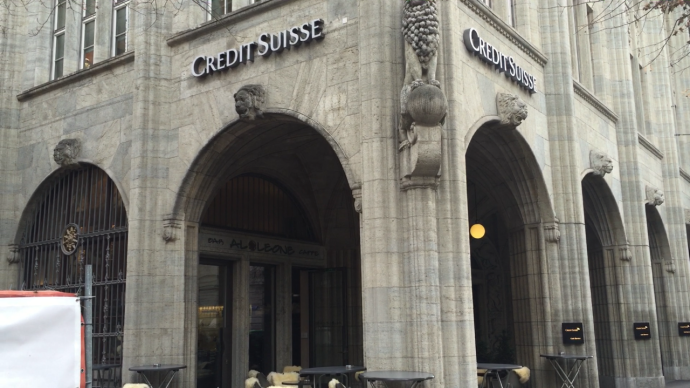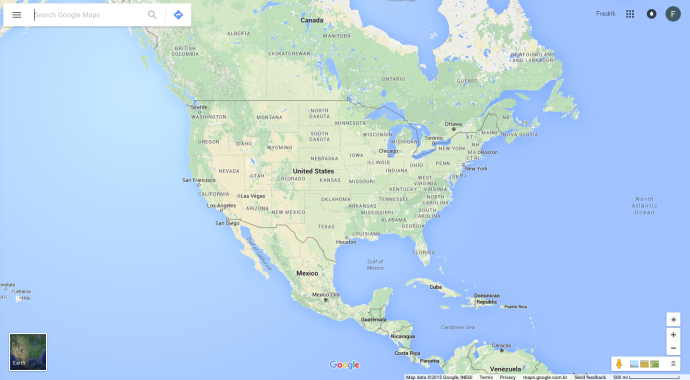
(Istanbul, Turkey)
I am on the final leg of a trip that will take me around the world in 204 hours. 45 000 km in 8,5 days. That is an average traveling speed of 220 km/h …
It included:
9 flights
in
8 days
visiting
9 countries
and
9 airports
on
4 continents.
Sounds stressful and hectic when you look at it like that.
And yet I got to:
– Speak to a global group of accountants (from Nexia) and attend a two day conference to learn about the latest trends in accounting.
– Attend a salsa-inspired party in a natural park and listen to a speech from a man who climbed Mt Everest with a prostatic leg.
– Do a workshop on having a global mindset for global managers of one of the largest banks in the world. (Credit Suisse)
– Do a speech for a big group of bankers at ING HQ in Holland.
– Have a 30 minute interview with a senior manager at ING about the future of banking.
– Write 20 000 words of new texts (for a future project), have a phone conference with Germany, and chat with my suppliers in the Philippines, Ukraine and Pakistan.
– And get booked for new speeches in Indonesia and Germany and get requests to speak in Thailand, Switzerland and Singapore.
But it was not all work. I also got to:
Have Sushi in Tokyo, hamburger in Houston, rum in Rio de Janeiro, tapas in Lisbon, Schnitzel in Zurich, cheese in Amsterdam, (and now) tea in Istanbul – (and soon a quick transfer in Kuala Lumpur).
Read a book, go to the movies (Bladerunner), visit friends and coach a speaker.
Run on the beach of Copacabana, stroll along the lake in Zurich, and walk next to the canals of Amsterdam for hours.
Learn about Brazilian culture from a personal guide in Rio, and visit the Anne Frank museum in Amsterdam
During on of my speeches – when I was speaking about having a global mindset – a man questioned if it was not important to “have roots”.
He seemed to think that it was not possible to have a global mindset and strong connection to your culture (your roots) at the same time.
I explained that those are not opposites.
An healthy tree has strong roots and wide branches (where the branches for me symbolises ones ability to “branch out” and get energy, wisdom and ideas from as wide a world as possible.)
He seemed happy with my reply.
But now after finishing my “sprint around the world” i have come to realise something else.
That by experiencing so many different places, cultures and situations from all around the world in such a short period of time I feel that I have created a deeper connection to the whole world.
This trip changed me.
As I sit here in Istanbul it hits me:
I am rooted in the world!
Not just one corner of it. Not some part of it. No, my roots are global.
That is not possible, you say.
But I say that it is.
It is like a banyan tree where the branches are spreading out downwards into the ground and creating new roots!
My Swedish roots are still there (of course). As are the Philippine roots that my wife added to me when we got married, and the Singaporeans roots that I grew as I moved there 8 years ago, and my Chinese and American roots from having lived there for a couple of years. And the small, but energetic roots that has grown out from my visits to over 70 countries on 6 continents. And so on.
And now all these roots are creating a jungle of intertwined impressions where it feels totally natural for me to say that I am rooted in the world.
Where it doesn’t feel like I left one place to travel the world.
Where it instead feels like I just visited a bunch of different location of one place where I belong.
I am not expecting everyone to understand what I mean.
Heck, I am not even expecting everyone to believe me when I describe it.
(And I know many are going to read it and find something negative with it.)
But I do not care.
Because I think it is beautiful, powerful and magical.
Just like a Banyan tree.
(Suggestion: Submit your email address in the form to the right to get a convenient email summary in your inbox every time 10 new posts have been posted.)
Contact Fredrik by clicking on the email symbol below.
(Picture source. Creative Commons.)

